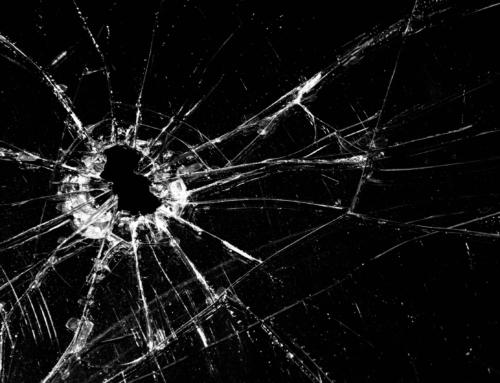How would you decide?
“The Lady, or the Tiger?” begins with a description of a “semi-barbaric” king who rules his kingdom with a heavy hand. For punishing criminals, he has built an arena featuring two doors. The criminal must choose his own fate by selecting one of the two closed doors. Behind one door is a hungry tiger that will eat the prisoner alive. Behind the other door is a beautiful lady, hand-picked by the king, who will be married to the accused on the spot. The people of the kingdom like this system of justice, because the uncertainty of the situation is very entertaining.
The king has a beautiful daughter whom he adores. She secretly loves a young man who is a commoner. When the king discovers her illicit affair, he throws the young man in jail to await his judgment. For a commoner to love the king’s daughter is a crime, so the king searches for the most ferocious tiger and the most attractive lady (but not the princess, of course) for the young man’s trial in the arena.
The day of the courtier’s “trial” comes, and facing a life or death dilemma, the young man walks into the arena, his eyes fixed on the princess. He looks to her for guidance, because he suspects that she has learned which door conceals the lady, and which the tiger. Indeed, the princess does know the identity of the young lady behind the door. She has been jealous of her for some time, thinking that she has sought to steal her lover from her. The princess signals for him to choose the right-hand door. Without hesitation, he moves to open the right-hand door…
Author, Frank Stockton closes his story with, “The question of her decision is one not to be lightly considered, and it is not for me to presume to set myself up as the one person able to answer it. And so I leave it with all of you: Which came out of the opened door – the lady or the tiger?”
The problem-solver in me wants a nice and tidy answer; a clean and clear – even simple – ending (answer) to the problem. But, it’s not a problem, it’s a dilemma. Confusing the two can be devastating.
If I’m dealing with a problem that I assume is a dilemma, I’ll realize that as it unfolds. In which case, I’ll solve the problem and move on.
If, however I’m dealing with a dilemma that I assume is a problem, it’s all too easy to get committed – to get “dug in” – before I realize what’s really going on; before I realize that there is no “answer” forthcoming, no matter what I do. Saving face (probably the least of my worries at this point) is not a likely exit from the corner I’ve painted myself into.
With dilemmas, reflection is more useful than reaction.
In Other Words…
“The fundamental cause of the trouble is that in the modern world the stupid are cocksure while the intelligent are full of doubt.” ― Bertrand Russell
“Any fool can know. The point is to understand.” ― Albert Einstein
“Just because you don’t understand it doesn’t mean it isn’t so.” ― Lemony Snicket, The Blank Book
“Sometimes it’s not enough to know what things mean, sometimes you have to know what things don’t mean.” ― Bob Dylan
“Habit rules the unreflecting herd.” ― William Wordsworth
“There are two dilemmas that rattle the human skull: How do you hang onto someone who won’t stay? And how do you get rid of someone who won’t go?” ― Danny De Vito
In The Word…
“Call to me and I will answer you, and will tell you great and hidden things that you have not known.” – Jeremiah 33:3
In Linked Words…
Your scary future, Part 7: how do you find comfort in an uncomfortable world?
Your scary future, Part 6; flexing and all that jazz
Your scary future, Part 5; the necessity of a prepared mind
Your scary future, Part 3: sense and sensibility
Your scary future, Part 2: what kind of problem do you have?
Your scary future, Part 1






